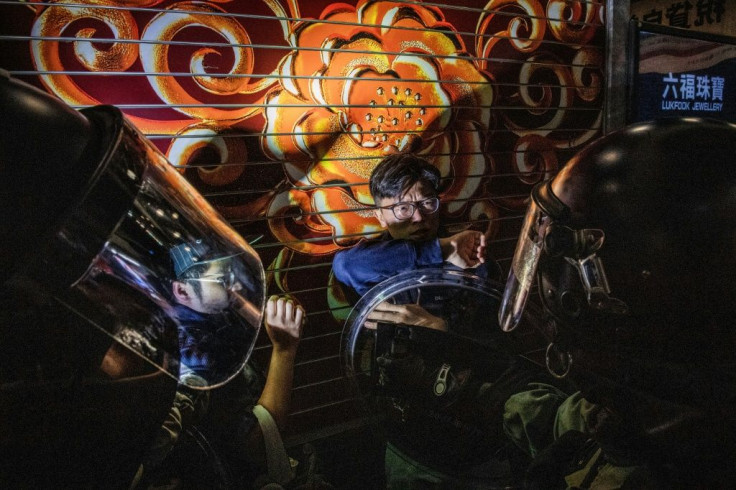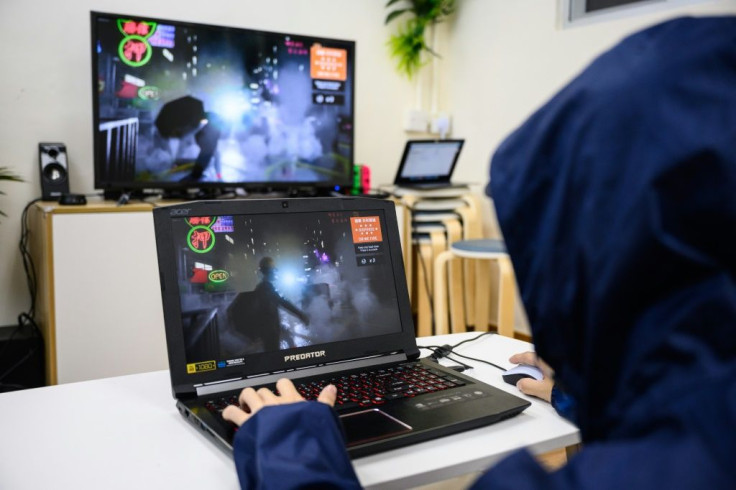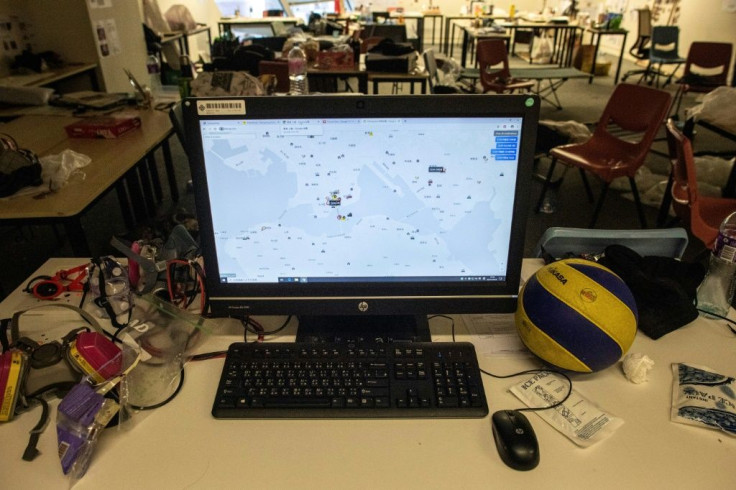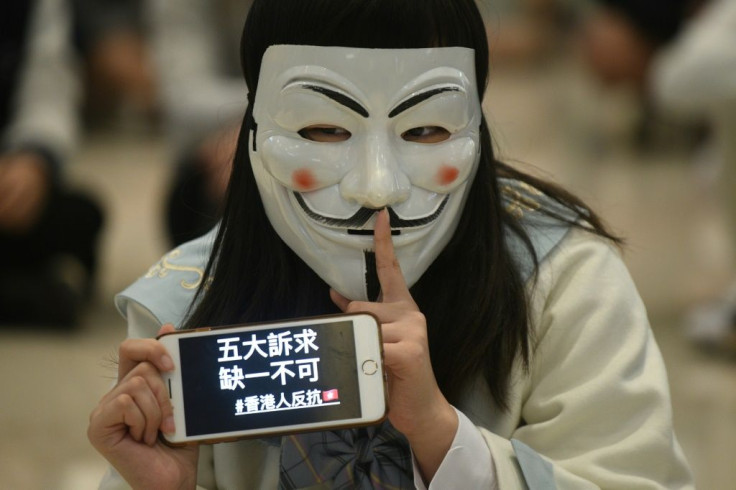Expat Hong Kongers Rally On 'Keyboard Frontline'

Video messages featuring young Hong Kongers reciting what could be their last words before joining a protest are filling up the inbox of Glacier Kwong, a digital rights activist based in Germany.
Outside China's internet controls, this veteran of the pro-democracy movement works late into the night from her home in Hamburg, offering practical support for protesters on the other side of the world.
She helps find lawyers for those who have been arrested, offers advice on how they should protect themselves online and stores the encrypted sensitive documents they do not want China to see.
Lately, her correspondence has made for grim viewing.
In the last couple of weeks, as the demonstrations turned deadly, protesters have recorded messages for posterity in case something should happen to them.
"I don't feel comfortable keeping that information but I think at least the Hong Kong police or the Chinese government cannot get to me," Kwong told AFP.

In the videos, protesters give their name and the time and state they would never commit suicide, meaning that if they are found dead they must have been killed.
Kwong, who is completing a Masters at Hamburg University and is preparing to embark on a doctorate on data protection, is a seasoned campaigner at just 23.
She became politically active in Hong Kong as a teen in 2012 with a non-governmental organisation called Keyboard Frontline over proposed legislation that many feared would have restricted internet users' rights.
She went on to play a key role in the Umbrella Movement in 2014 during which a video in which she asked for international support garnered over a million views.

She moved to Hamburg in northern Germany in 2018.
Now, she is part of a large network of expatriate Hong Kongers who are supporting the protesters as well as seeking to raise awareness in their countries of residence and prompt foreign governments to take action.
"The most difficult thing is the time difference. When things start to happen it's usually my bedtime here," Kwong said, adding that she also felt "very frustrated" at being so far away from Hong Kong at this time.
Despite the recent electoral success of the pro-democracy movement she is sceptical of any meaningful change in Hong Kong within a "broken system".
Campaigners have found vocal support in Germany, although they complain there has been little action and warn the country is complacent about the risks of allowing China's Huawei into its 5G network.

Kwong said Germany had done "more than other countries" in Europe in supporting the Hong Kong pro-democracy movement, pointing out that Britain -- the former colonial power -- was currently "occupied by Brexit".
But she said Germany "has the capacity to do even more".
Mindful of the political oppression in its own past, Germany has a tradition of taking in dissidents.
In 2018, it became the first country in the world to grant refugee status to two Hong Kongers who were charged with rioting in 2016 and skipped bail.
One of the two, Ray Wong, said he chose to come to Germany because of its record of taking in Chinese dissidents and minorities such as Uighurs.
"Every time I watch what's happening in Hong Kong, it's heart-breaking," said Wong, who is currently studying politics in Goettingen in central Germany.
Wong, who led a pro-independence group called Hong Kong Indigenous, said he had been in touch with protest organisers but only played a role "indirectly" and was more active in lobbying the German government to act.
Hong Kong has been prominent in Germany also because the escalation of the protests has coincided with the 30th anniversary of the fall of the Berlin Wall.
During a visit to the once-divided city earlier this year, leading pro-democracy activist Joshua Wong called Hong Kong "the new Berlin in the new Cold War".
Last year, Germany gave asylum to painter and poet Liu Xia, wife of the late Nobel Peace Prize winner Liu Xiaobo, after she spent eight years under house arrest.
Liu joined young Hong Kongers at a poignant event in Berlin on November 9 -- the anniversary of the wall coming down.
A banner held up at the demonstration read simply: "Fight The Tyranny - Stand By Hong Kong".
© Copyright AFP 2024. All rights reserved.





















